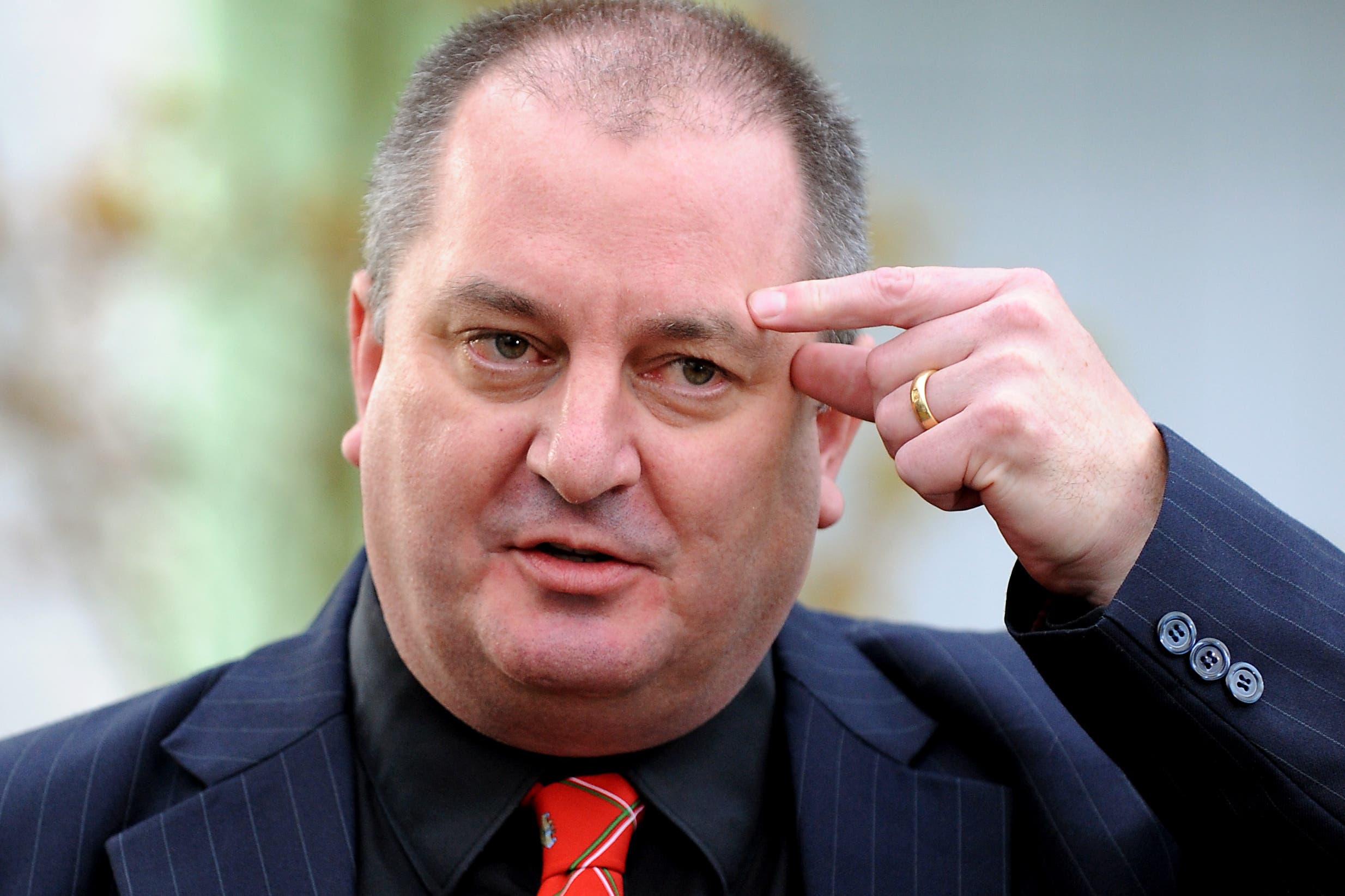Former head of NHS trust found to have ‘toxic’ work culture to retire
The announcement comes on the day a review into patient safety concerns at a Birmingham NHS trust was released.

A health chief who previously ran an NHS trust found to have a “toxic atmosphere” of bullying is to retire, it has been announced.
Professor David Rosser was chief executive of the University Hospitals Birmingham NHS Foundation Trust from September 2018 until December 2022, when he left to become the region’s strategic director for digital health and care.
The announcement that he is to retire comes on the day a report into UHB uncovered a “corrosive” staff culture, including accusations that Prof Rosser was “overzealous” in his leadership style.
A spokesperson for the NHS Birmingham and Solihull Integrated Care Board said: “Dave Rosser has taken the decision to retire and will therefore no longer be continuing in his role as director for digital health and care.”
Prof Rosser was appointed as deputy chief executive in April 2018 after the merger of UHB with the Heart of England NHS Foundation Trust and led it through the coronavirus pandemic.
But it was placed under review at the end of last year following concerns of a “hypercritical” working environment being raised after the death of a junior doctor, Dr Vaishnavi Kumar, which was highlighted in a BBC Newsnight programme last December.
The review into UHB, released on Tuesday and led by Prof Michael Bewick, is the first of three reports into patient safety, governance and culture at the trust after accusations that it was “mafia-like” and that staff feared reprisals for speaking out, claims the trust denied.
Feedback from a specific diaspora of those who felt aggrieved described the newly emergent senior management style as dictatorial and overzealous
The report said that following Prof Rosser’s appointment as executive medical director and deputy chief executive in April 2018, and his appointment as chief executive in September 2018, the culture of the trust seemed to “evolve further” to one that lacked “kindness and empathy”.
The report said: “The culture of UHB appeared to evolve further, characterised by a no-nonsense approach to failure, and resulted in decisions on service change, disciplinary issues and performance.
“Feedback from a specific diaspora of those who felt aggrieved described the newly emergent senior management style as dictatorial and overzealous.
“More generally from our other interviews, the style was seen as robust and often lacking kindness and empathy.
“We received substantial evidence of how these behaviours affected significant numbers of staff included in the review and how certain specialties deteriorated as a result.
“There were also examples of high-performing specialties and the picture of performance across all departments is complex.”
The review has made 17 recommendations, which the trust’s new chief executive, Jonathan Brotherton, said it fully accepted.
The reports on governance and culture are due in the summer, with the trust announcing the appointment of four new non-executive directors and two associate non-executive directors to its board last week.
Prof Rosser has been approached for comment through the Birmingham and Solihull ICB.